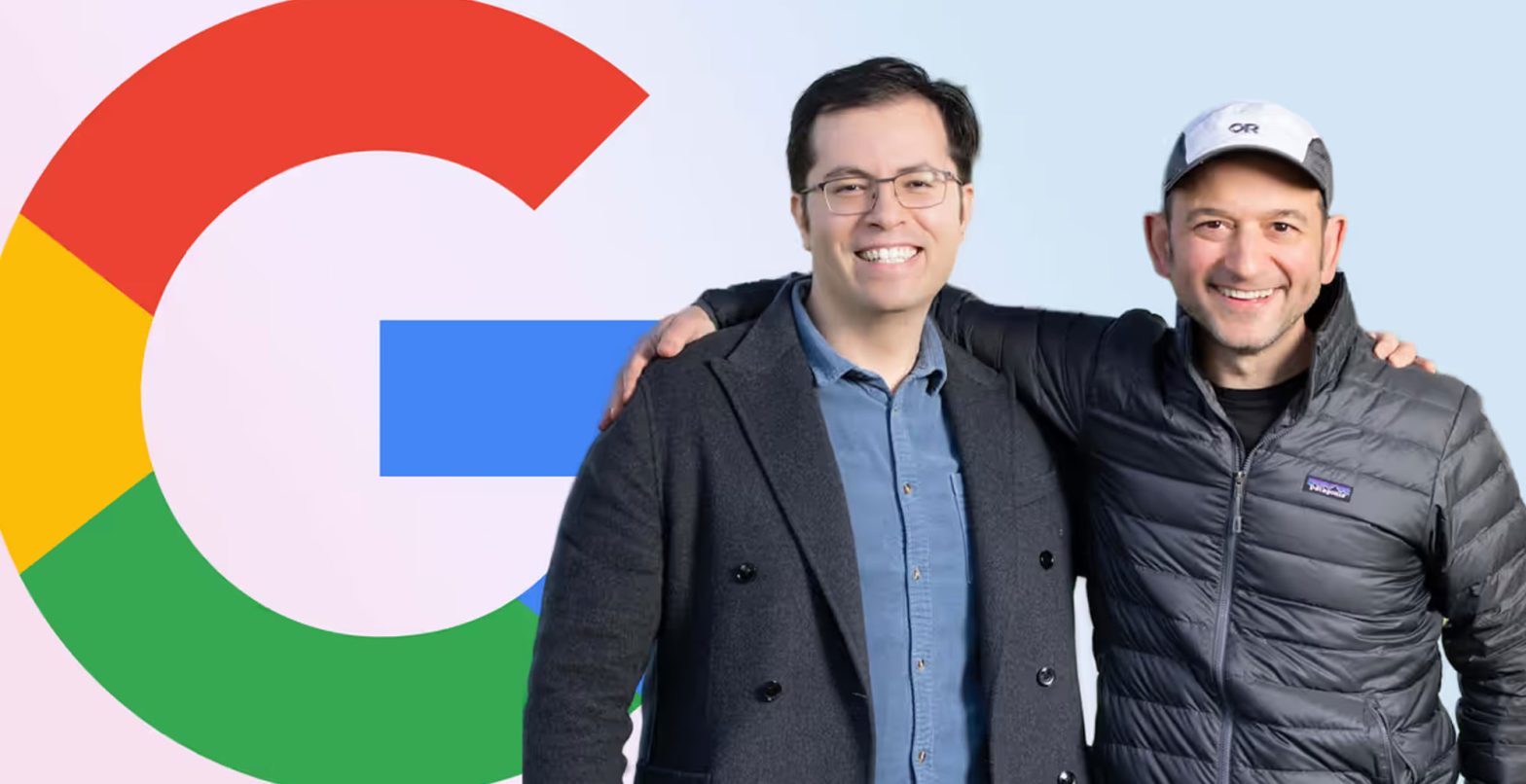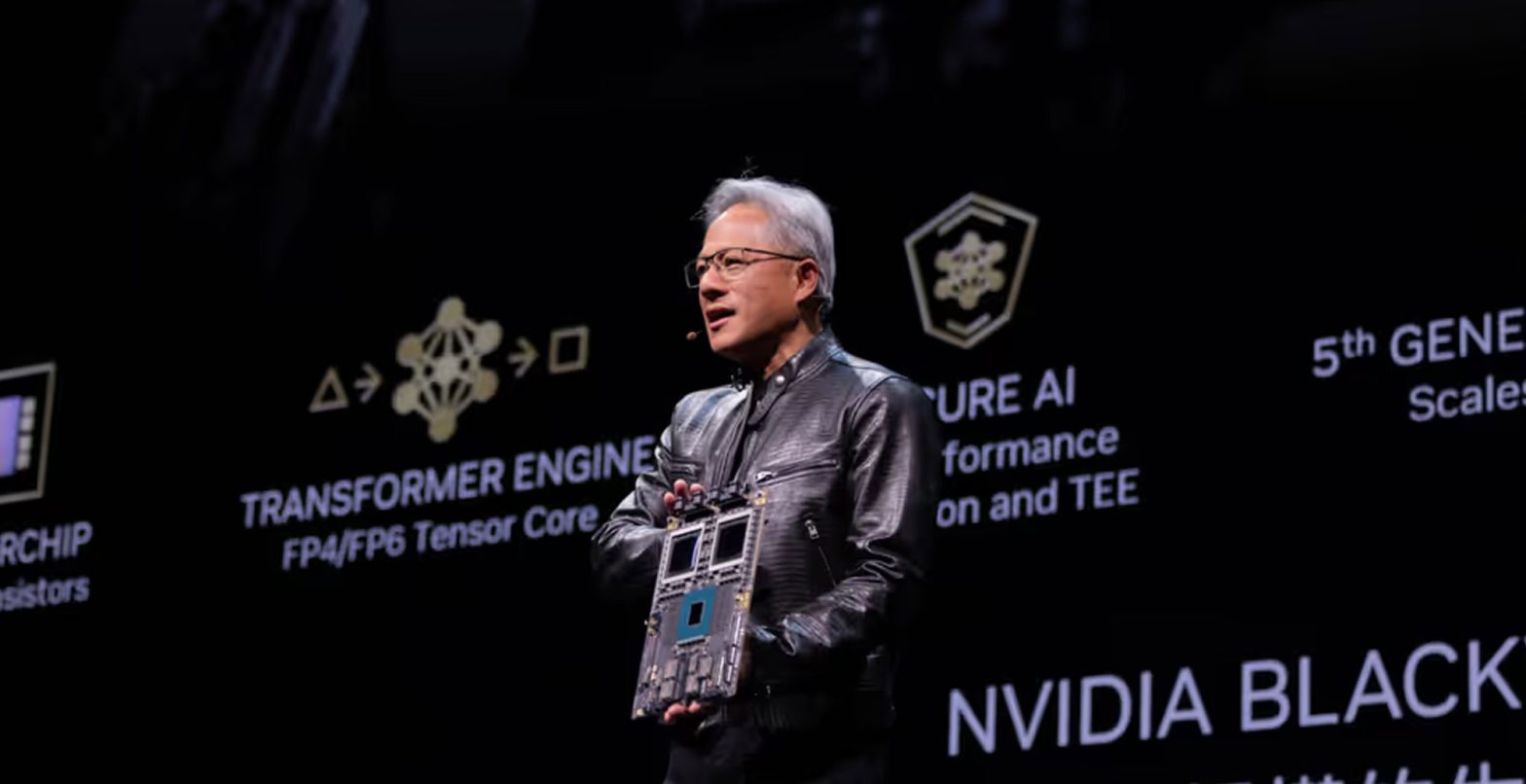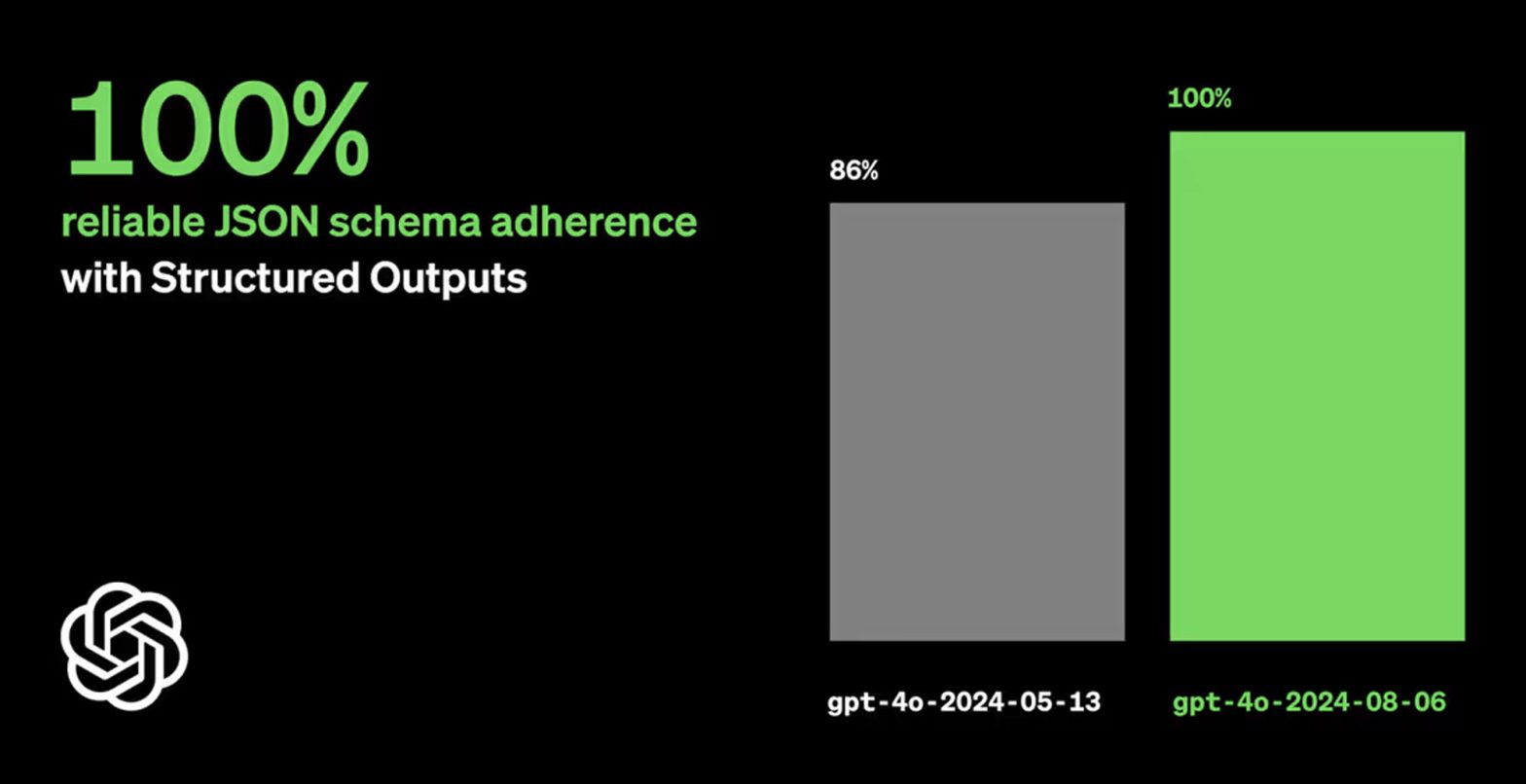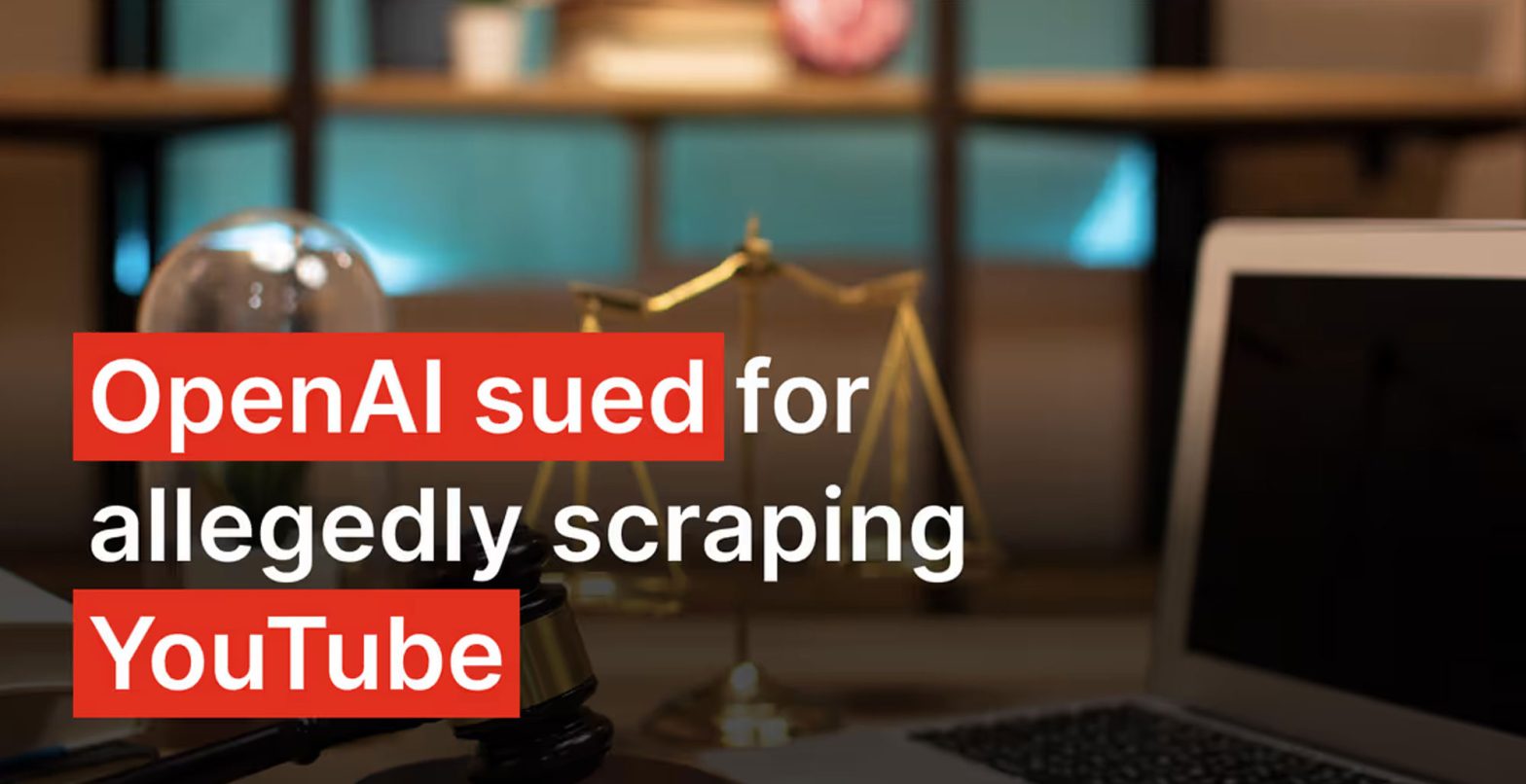Noam Shazeer, the co-founder and CEO of Character.AI, is heading back to Google. This comes just over two years after he left the tech giant to launch his own chatbot startup. But Shazeer isn’t the only one making the switch – he’s bringing along co-founder Daniel De Freitas and a handful of researchers from Character.AI.
Character.AI allows users to create and interact with custom AI characters for various purposes, from creative writing assistance to entertainment. The service gained rapid popularity, logging hundreds of thousands of user interactions within weeks of its public beta launch in September 2022.
This change is part of a larger deal between Character.AI and Google. The search giant is licensing Character.AI’s language model technology, though it’s not an exclusive arrangement.
Shazeer led the Google team that developed LaMDA, a conversational AI model that was announed during the company’s I/O keynote. His return to Google, now as part of the DeepMind team, signals the company’s continued push to stay at the forefront of AI development.
But what about Character.AI? Well the company isn’t shutting down. They’re framing this as a strategic pivot. They’re planning to focus more on fine-tuning existing models and creating new product experiences.
This deal includes hiring some of Character.AI’s top researchers (about 30 of their 130 employees) who will transition to Google’s DeepMind research team. Character.AI says their core staff will continue to build and grow the platform under the leadership of interim CEO Dominic Perella.
This move is part of a broader trend where AI startups are partnering with or being acquired by larger tech companies. We’ve seen similar deals recently with companies like Adept and Inflection, effectively selling themselves to tech giants Amazon and Microsoft. It’s a strategy that can provide a quick return for investors, but it’s raising eyebrows among antitrust watchdogs.
The FTC is already investigating Microsoft’s deal with Inflection. It’s likely that this Google-Character.AI arrangement will face similar scrutiny. Regulators are increasingly concerned about big tech companies absorbing AI talent and technology through these quasi-acquisitions.
As the AI race heats up, we’re seeing a reshuffling of talent and resources. The question now is: how will this impact the broader AI ecosystem? Will it lead to faster innovation, or is it concentrating too much power in the hands of a few tech giants?






